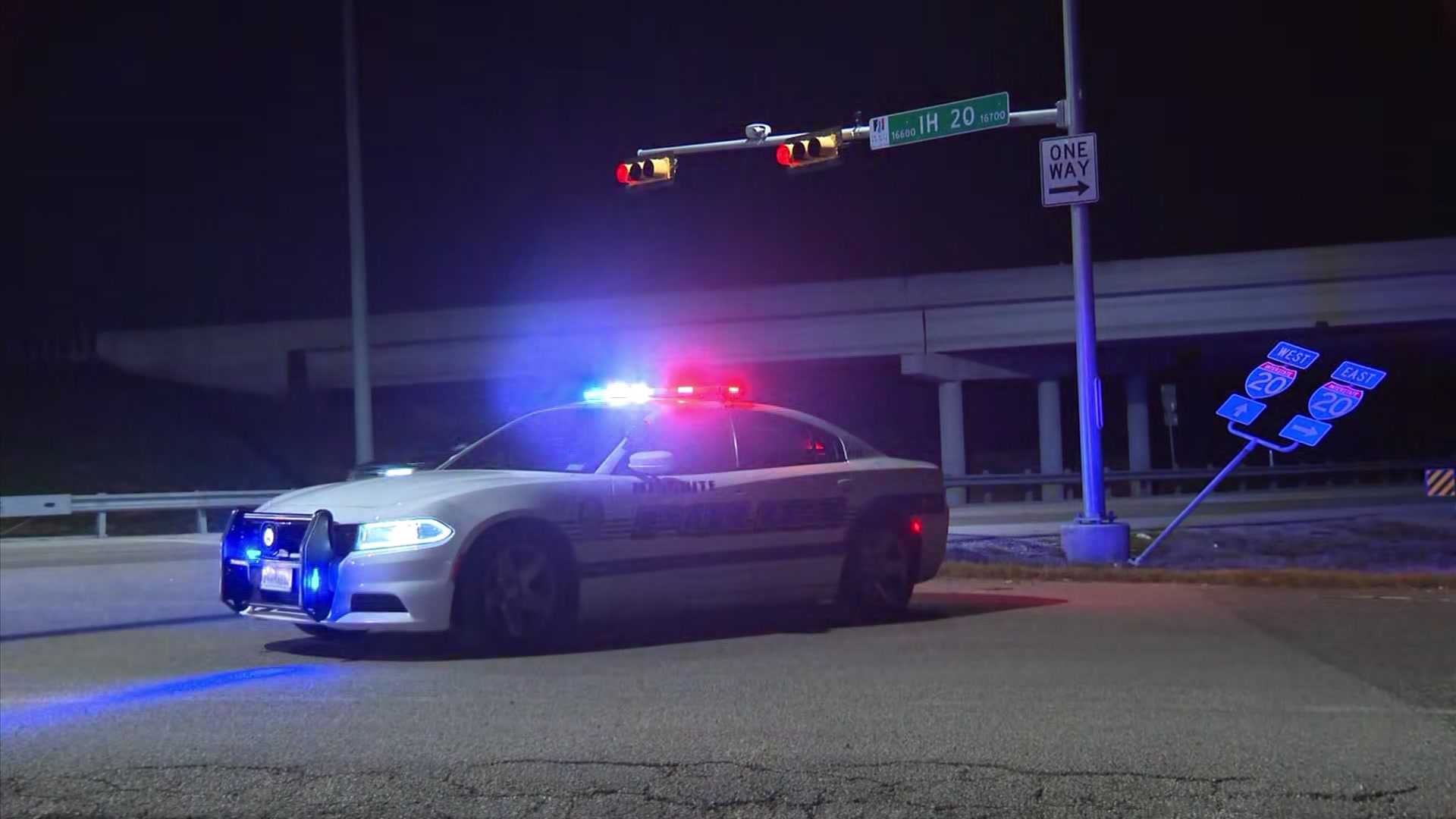The trial of Aaron Dean shifted to the punishment phase on Friday after a jury convicted the former Fort Worth police officer of manslaughter for shooting and killing Atatiana Jefferson.
While many think justice has been served in the case, some have a different outlook when it comes to dean being convicted on the lesser charge.
NBC 5 spoke to a child adolescent and adult psychiatrist about how the community can move forward and heal, now that a verdict has been reached.
Brian Dixon, M.D., who is based in Fort Worth, has been following the case since the shooting happened in October 2019.
Get top local stories in DFW delivered to you every morning. >Sign up for NBC DFW's News Headlines newsletter.
He said the experience was not only traumatizing for the Jefferson family but also for the Black community in Forth Worth, especially after years of protests against the deaths of Black men and women by law enforcement across the country. A trauma, he said he can relate to.
“As a Black man living in Fort Worth, we have been through a lot in the last three to four years with COVID – and with all of the kind of racial reconciliation work that's been going on – it's been a lot. Then when you add specific cases of black men being shot by various law enforcement folks across the country, it all kind of comes home to roost,” he said. “So every day you wake up going, ‘Oh my gosh, what else is going to happen? What else is going on? Living on that stress has been a lot.”
Watching the trial over the last few weeks has reopened many of those traumas for the community, Dixon said.
Local
The latest news from around North Texas.
“I define a trauma as anything that happens to you that's beyond your control, that fundamentally changes your understanding of the universe,” he said. “And so anytime that happens, and then you watch it again, it basically is a re-injury every time you see it.”
Dixon is helping to offer guidance to his peers and others within the community, as Jefferson’s family the city of Fort Worth tries to move forward after the jury's decision.
He said part of the healing process is to acknowledge that you can't always control the outcome.
“But what you can do is control how you respond to the end,” Dixon said. “Black people will find a way for us to continue to move forward, to keep walking. It's not going to be easy. But I don't want to give up just yet. I am very hopeful that something meaningful will come out of this.”
As reported since Thursday’s verdict was read, there has been strong reaction to Dean’s manslaughter conviction.
Dixon said it’s critically important to process rather than to react.
“Surround yourself with people that are supportive. And then give yourself a bit of a break,” he said. “Do your individual work, either therapy for yourself or connecting with your family, to make sure that you have support and people that you can rely on.”
There are also bigger steps one can take during this healing process and simply getting out and voting is a major step in the right direction.
"At the end of the day, you have to vote. You have to let your civic voice be heard. And that's how you do that if you want better training for police officers, if you want healing for the black community— you have to vote, you have to let your voice be heard,” Dixon said. “The thing about the legal system is – I always say democracy is an exercise it is it is something that you have to keep working at. And we have to keep working at it as a society.”
He encourages people to also get engaged with their community, either through groups like the Tarrant County Coalition for Peace and Justice, businesses or non-profits that support the Black community and families in need.
Dixon said he knows that won't immediately change the anger and disbelief many have following the trial and manslaughter verdict.
However, such a verdict is rare in the state of Texas, and a rare one in the country. Juries often do not find police officers guilty for killing civilians while on duty.



